
Here’s What You Need To Know About Chronic Constipation: A Silent Killer To Your Digestive Health
Constipation is often dismissed as a minor inconvenience—something most people deal with from time to time. But when it becomes chronic, it can turn into a serious issue with long-term consequences for your overall health, especially your digestive system. Often overlooked or self-treated without medical guidance, chronic constipation is a condition that can silently wreak havoc on your body if left unmanaged.
What Is Chronic Constipation?
Chronic constipation isn’t just about having infrequent bowel movements. It’s defined by difficulty passing stool, a feeling of incomplete evacuation, or straining during more than 25% of bathroom visits, and these symptoms persist for several weeks or more. According to health experts, going less than three times a week can already be a red flag, especially if accompanied by bloating, discomfort, or pain.
Unlike occasional constipation caused by travel, diet, or stress, chronic constipation is a long-term condition that may signal deeper issues.

The Silent Threat to Digestive Health
One of the most dangerous aspects of chronic constipation is how quietly it can lead to complications. The digestive system depends on regular movement to eliminate waste and toxins. When stool remains in the colon too long, it becomes hard and dry, making it even harder to pass. Over time, this can lead to serious problems such as:
-
Hemorrhoids from excessive straining
-
Anal fissures, or small tears in the anus
-
Fecal impaction, where stool becomes too hard to pass without medical intervention
-
Rectal prolapse, where part of the intestine protrudes outside the body
-
And perhaps most dangerously, toxic build-up in the colon that may affect other organs and your overall immune system
These are not just uncomfortable—they can be life-altering, requiring surgery or long-term treatment.
Causes of Chronic Constipation
Understanding the root causes is key to effective management. Chronic constipation can stem from:
-
Poor diet, especially low fiber and high processed food intake
-
Inadequate water consumption
-
Sedentary lifestyle
-
Medications such as opioids, antidepressants, and iron supplements
-
Medical conditions like hypothyroidism, diabetes, or irritable bowel syndrome (IBS)
-
Ignoring the urge to go, which trains your body to delay bowel movements
Hormonal changes during pregnancy or aging can also increase the risk.
Why You Shouldn’t Ignore It
Chronic constipation is more than a digestive issue—it affects your quality of life, mental health, and energy levels. The discomfort can lead to anxiety, poor sleep, and a reduced ability to focus. It also increases the risk of more severe gastrointestinal diseases over time, including diverticulitis and even colorectal cancer.
How to Take Control
The good news is that chronic constipation is treatable and preventable in many cases. Lifestyle changes play a major role:
-
Increase dietary fiber: Aim for at least 25–30 grams a day from fruits, vegetables, whole grains, and legumes.
-
Stay hydrated: Drinking enough water helps soften stool and promote movement.
-
Exercise regularly: Physical activity stimulates intestinal function.
-
Establish a routine: Try to go to the bathroom at the same time each day, especially after meals.
-
Don’t ignore the urge: When nature calls, listen.
In more severe cases, doctors may recommend laxatives, stool softeners, or even biofeedback therapy to retrain bowel habits. It’s important to seek medical help if constipation persists despite changes in diet and routine.
Final Thoughts
Chronic constipation may seem like a small problem, but its impact on digestive and overall health can be profound. Treating it early not only brings relief—it may protect you from far more serious conditions down the road. Don’t let this silent killer damage your digestive system. Pay attention to what your body is telling you and take action now—your gut will thank you later.
News in the same category


Expert Unveils the Four 'Worst' Drinks for Your Heart and Why You Should Steer Clear

Cloves, Ginger, and Lipton Tea: A Health-Boosting Trio
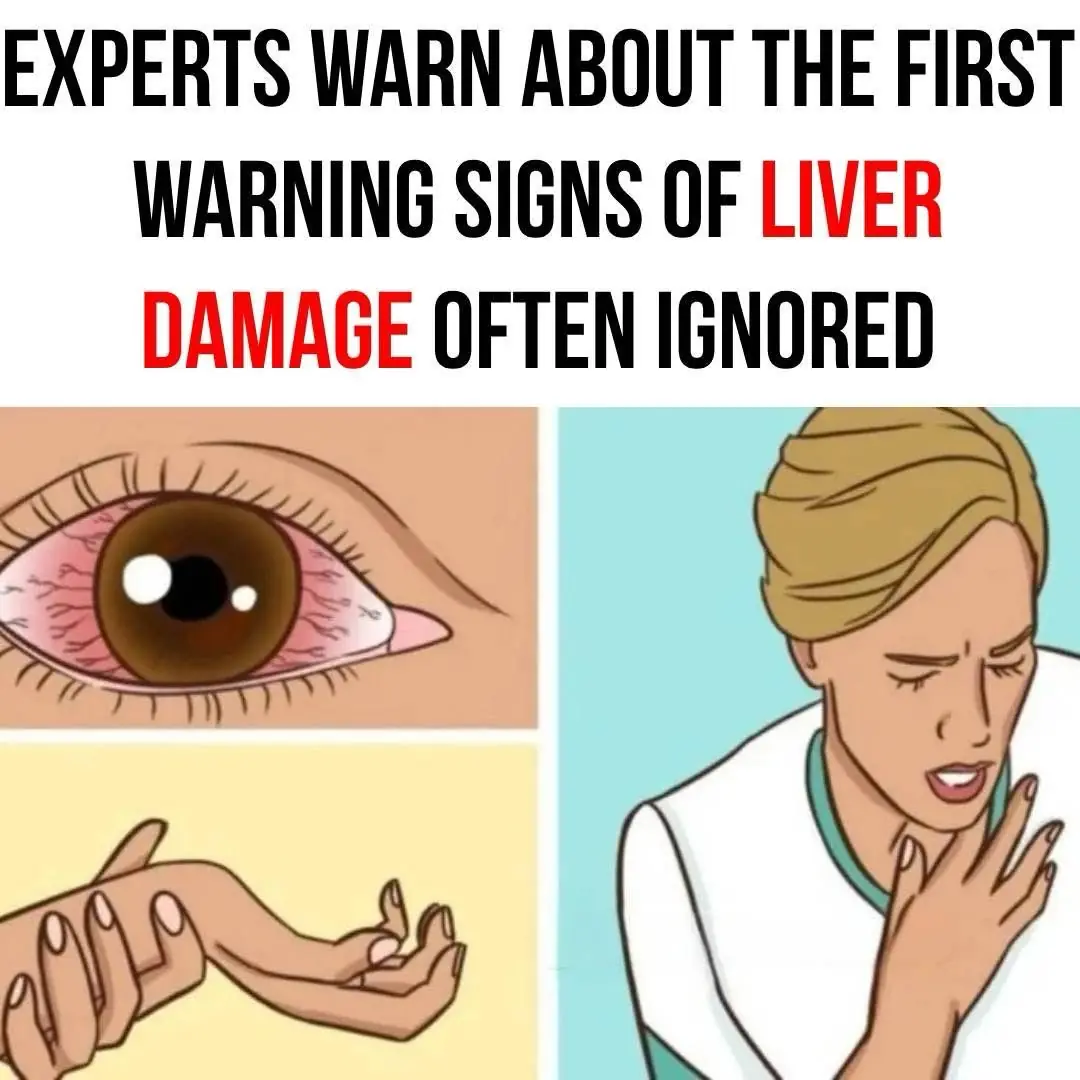
5 Early Signs of Liver Damage You Should Look Out For

Man diagnosed with cancer months after doctors dismissed symptoms and said he was ‘too young’
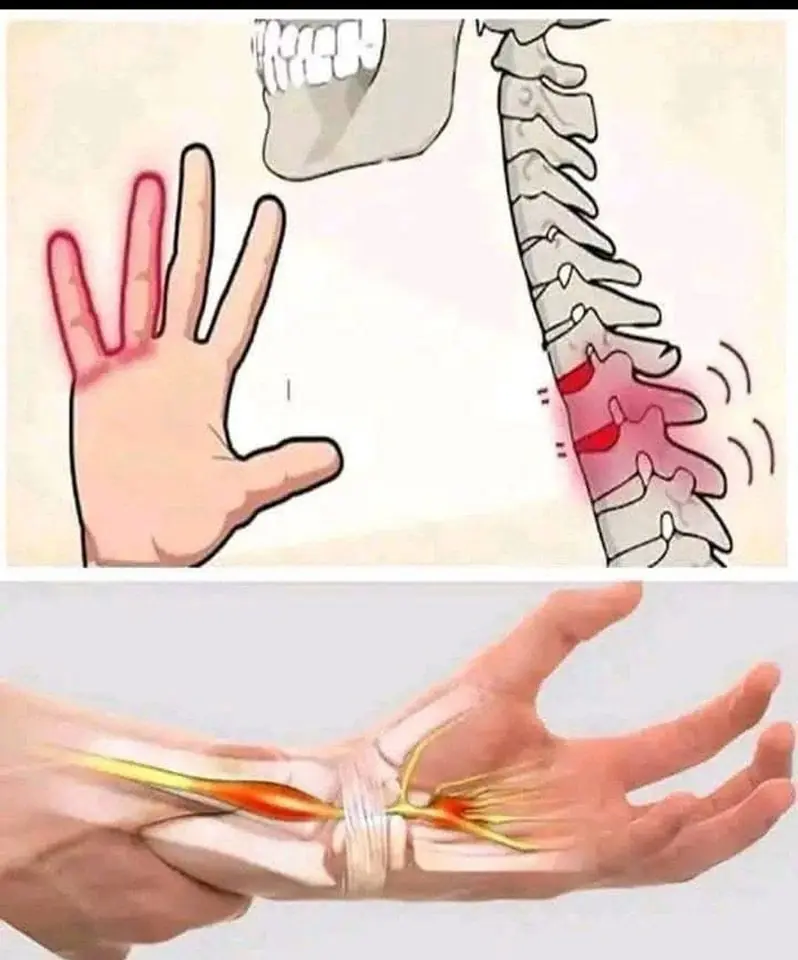
Tingling Sensation In Your Body: Why Does It Happen

Why Do Some People Remember Their Dreams More Than Others?

Police release statement after autistic teen left fighting for life after being shot '9 times' by cops
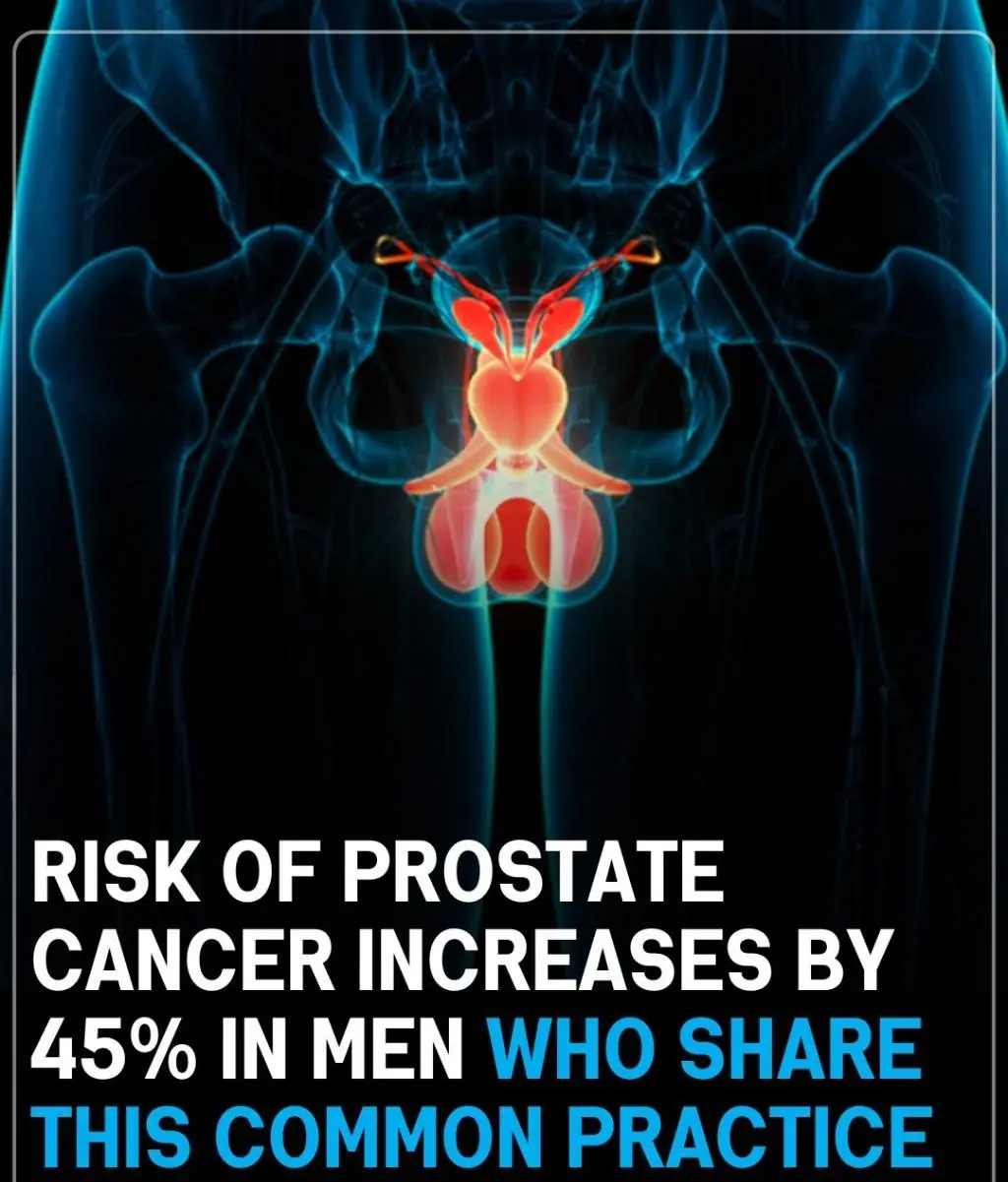
Risk Of Prostate Cancer Increases By 45% In Men Who Share This Common Practice
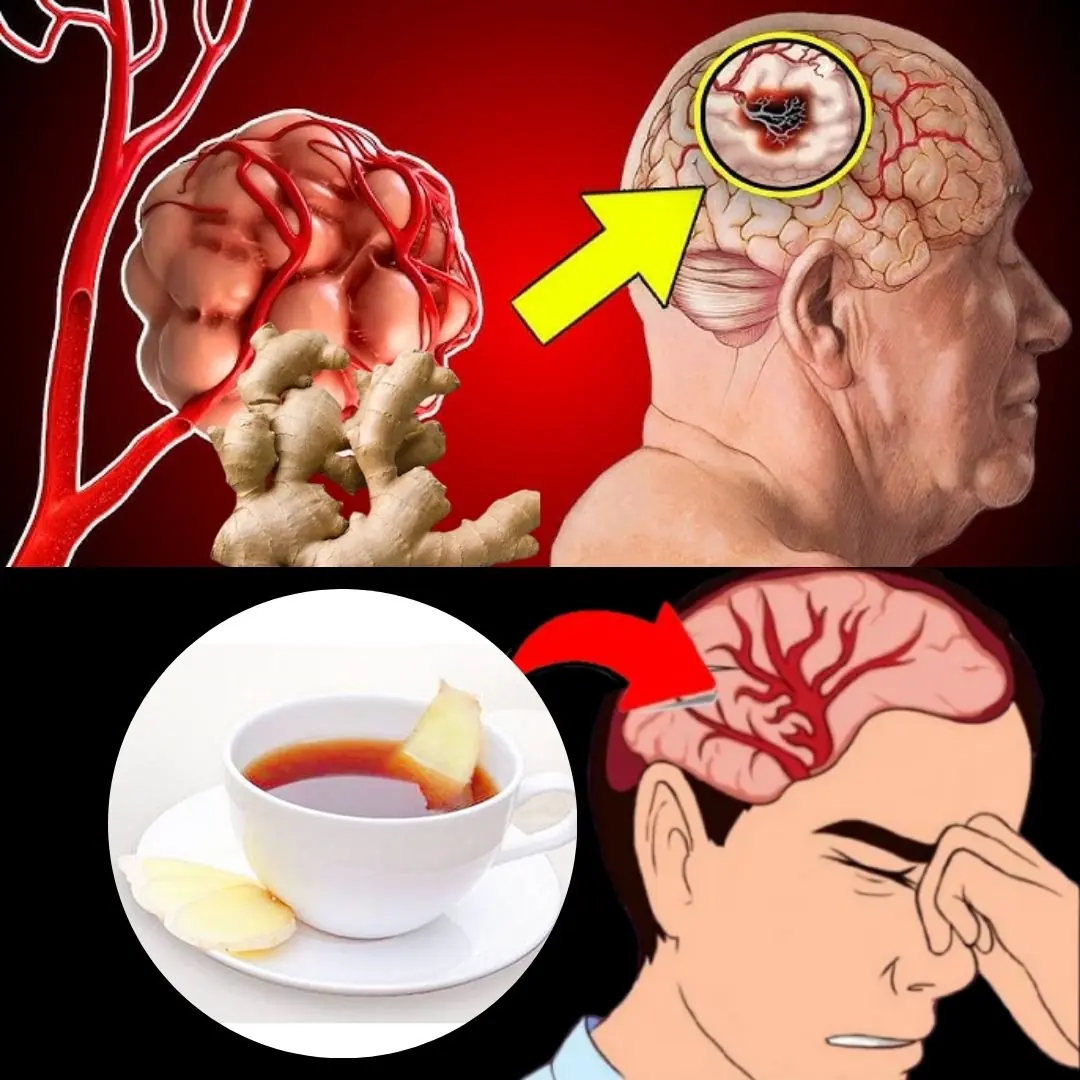
Better Than Aspirin! Ginger Tea Prevents Clots Naturally

Scientists Rejuvenate Skin Of 53-Year-Old Woman To That Of 23-Year-Old In Groundbreaking Experiment

Experts claim there's a 'golden hour' for when you should sleep that could make you live longer

Symptoms of 'popcorn lung' as 17-year-old develops irreversible condition after vaping

Woman who ate entire blocks of butter every day for the past 5 years shares surprising alleged bloodwork results

First ever vaping study reveals the horrifying effects it can actually have on your body

New Study Finds That Cuddling Can Calm You, Reduce Stress, And Strengthen Your Heart

Study finds that eating one common 'superfood' could cut Alzheimer's disease risk by almost 50%

According To A Study, Millennials And Gen Xers Are More Likely To Have Cancer Than Older Generations

Things That No One Ever Tells You About Being A Functional Alcoholic

Signs You’re Lacking in Vitamin D and How to Get More To Boost Your Immunity
News Post

Merck Was Injecting Girls With Aluminum But Told Them It Was A Saline Placebo: This Is Why It's Called "Big Pharma"

Expert Unveils the Four 'Worst' Drinks for Your Heart and Why You Should Steer Clear

Cloves, Ginger, and Lipton Tea: A Health-Boosting Trio

5 Early Signs of Liver Damage You Should Look Out For

Man diagnosed with cancer months after doctors dismissed symptoms and said he was ‘too young’

Tingling Sensation In Your Body: Why Does It Happen

Why Do Some People Remember Their Dreams More Than Others?

Police release statement after autistic teen left fighting for life after being shot '9 times' by cops

Risk Of Prostate Cancer Increases By 45% In Men Who Share This Common Practice

Better Than Aspirin! Ginger Tea Prevents Clots Naturally

Scientists Rejuvenate Skin Of 53-Year-Old Woman To That Of 23-Year-Old In Groundbreaking Experiment

Experts claim there's a 'golden hour' for when you should sleep that could make you live longer
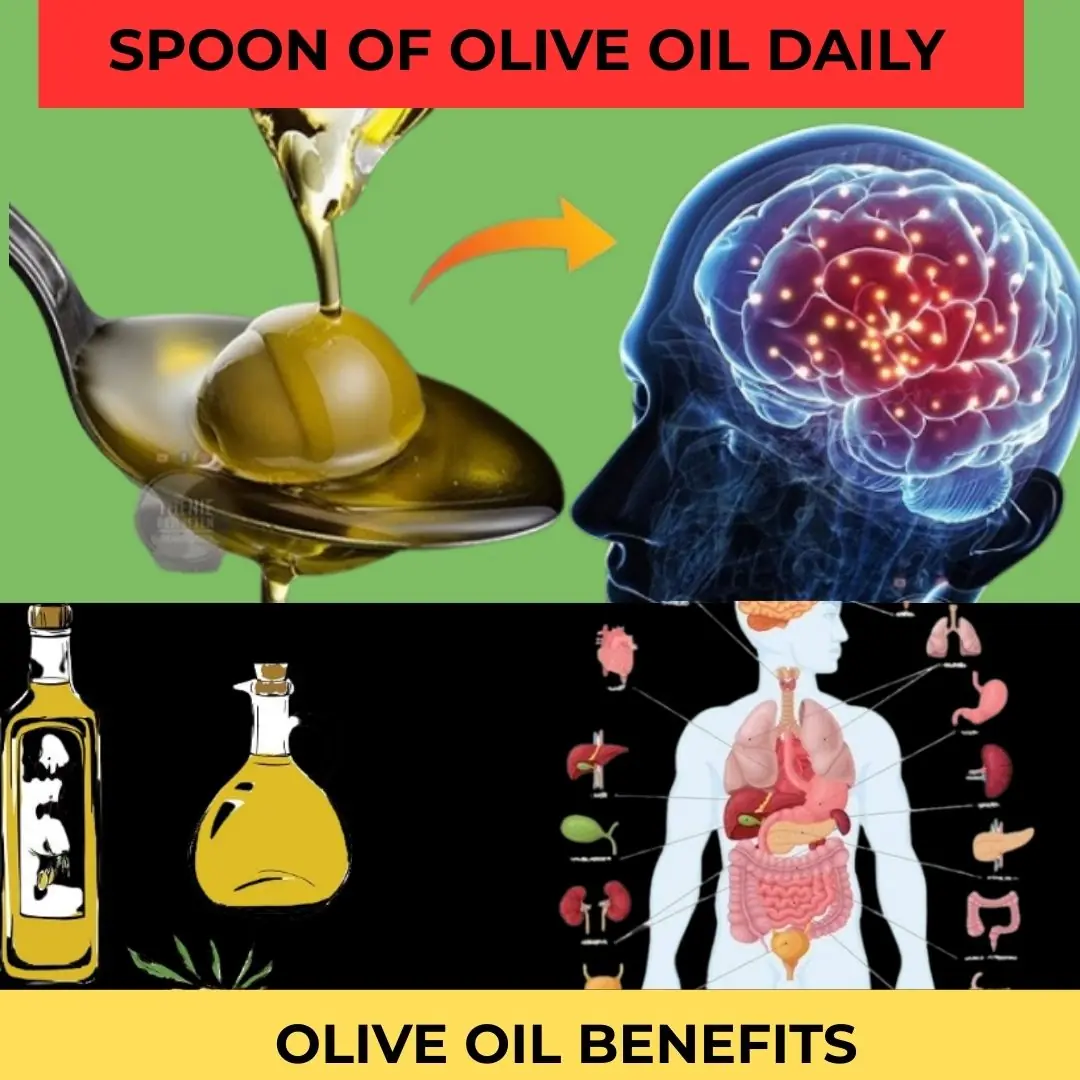
Start Your Day Right: The 10 Incredible Benefits of Drinking Olive Oil Every Morning

My Dad Said Something Before He Took His Last Breath—And I Can’t Shake It

A weekend with grandma changed my son—but at what cost?

My Best Friend Stole My Husband—Ten Years Later, She Called Me Screaming His Darkest Secret

My fiancé and his mom demanded i wear a red wedding dress — but i had a better idea.

My MIL Demanded to Share a Hotel Room with My Husband During Our Anniversary Trip

My Parents Abandoned Me and My Younger Siblings When I Was 15 — Years Later They Knocked on My Door Smiling
